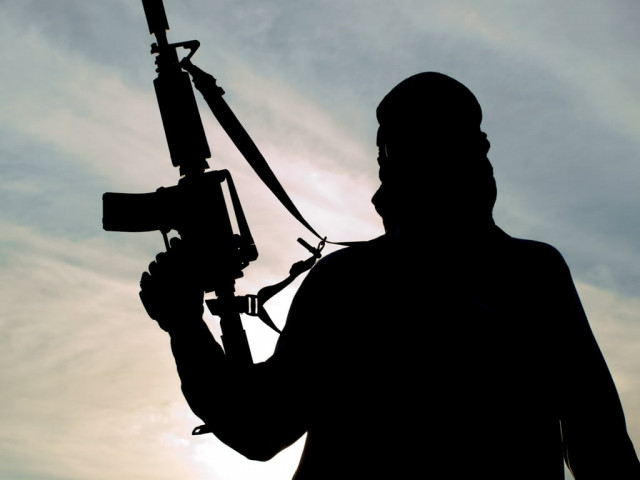Talibanisation of Karachi
Parties that claim to represent people of Karachi need to understand that if they don't unite, they will fall apart.

It is unfortunate that all the political parties that vie for control of Karachi have never managed to put their petty differences aside and concentrate on the existential threat they face. PHOTO: FILE
Unfortunately, these warnings were seen by many as simply ethnic incitement and an attempt to link the Taliban “invasion” to the changing demographics of Karachi and the rise in the Pashtun population. In the past, we have seen that any incident in which workers of one party are targeted becomes an excuse for allout warfare and bloodshed, even when it is not clear who the attackers were, or what their motives were. Scores are settled, regardless of who the actual culprits were. The MQM’s claim of Talibanisation, however prophetic, also fell victim to politics when, then Sindh home minister Zulfiqar Mirza vehemently denied the claim, saying there was no evidence to back the MQM’s assertion.
The ANP, for its part, kept denying that there were any Taliban elements present in Karachi, even as control of Pashtun-dominated areas slipped out of its grasp and its own workers and leaders were targeted by the Tehreek-e-Taliban Pakistan (TTP) in Karachi. The ANP, too, found it more convenient to blame its political rivals rather than point the finger at the real threat.
Others have raised objections to the claim of Talibanisation on purely semantic grounds, saying that this catch-all term ignores the differences in the composition and agendas of the various militant outfits that are lumped together under the title of Taliban. This argument is not without merit. In many cases, the term ‘Taliban’ has been used as code for “Pashtun”, a mischief that ignores the fact that allied militant groups such as the Lashkar-e-Jhangvi and the Jundullah are multi-ethnic in nature. However, one must recognise that these groups can and do work together, sharing resources, manpower and safe houses. To write off the Taliban as a Pashtun problem is as myopic as ignoring the threat that the combined power of terrorist outfits poses. The attack on the Mehran base, for example, may not have been carried out by TTP regulars but there is little doubt that the TTP gave operational support to it.
It is unfortunate that all the political parties that vie for control of Karachi have never managed to put their petty differences aside and concentrate on the existential threat they face. Time and again, they have failed to rise to this challenge, choosing to instead focus on point-scoring and turf wars. Moreover, the police and Rangers remain unfocused. The Karachi police, some may say, are the biggest of all mafias while the Rangers have more firepower than all the law-breakers put together. But they are not justifying their costly keep with the security situation falling apart.
By contrast, the TTP and its allied groups are under no illusions as to what they are out to do and who their enemies are. They have repeatedly threatened to target the ANP, the MQM and the PPP alike in the upcoming elections.
The criminal mafias that all political parties have turned to for support, at one point or another, are inherently apolitical. They will support the TTP as easily as they will support elements from any of these parties because their only real motivation is profit. What the parties that claim to represent the people of Karachi need to understand is that if they do not stand together, they will most assuredly fall apart.
Published in The Express Tribune, April 7th, 2013.



















COMMENTS
Comments are moderated and generally will be posted if they are on-topic and not abusive.
For more information, please see our Comments FAQ